Cooperation with the private sector for a long time
Ms Danzi, you succeeded in rapidly providing Nepal with affordable vaccines by working together with the Swiss private sector, for example. The call for "greater cooperation with the private sector" was nevertheless met with scepticism during the consultation procedure on the International Cooperation Strategy 2021–24.
In principle, I can understand the reservations on which this criticism was based. There were fears that development aid money would go to major corporations which would invest in our partner countries without taking social and economic sustainability into account. Large companies have made mistakes in the past but are now also willing to learn from them. The SDC has now adopted guidelines and set them out in a handbook to provide a framework for cooperation with the private sector. This ensures clarity.
But we don't want to throw the baby out with the bathwater. When we ask people in our partner countries what they need most urgently, they say a job. Employment puts them in a position to feed their families, provide schooling for their children, invest money in their projects and pay for their healthcare, and gives them the freedom to do the things they want to. The SDC also wishes to meet the needs of local people.
When we work with larger-scale international and regional private-sector stakeholders, we don't give them money. Instead, we invest together in areas where we share a common goal: fighting poverty on the ground. The new guidelines allow us to minimise risks such as exploitation or ecologically unsustainable behaviour. They also create clarity for us, for our partners and for politicians, thus increasing the credibility of our work. We presented the guidelines to the Foreign Affairs Committee at the end of March.
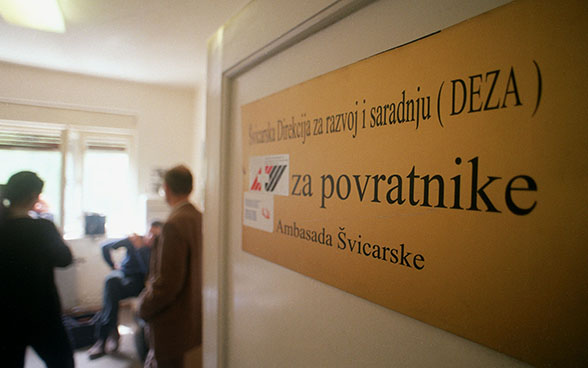
It's also clear that we must only implement projects we are convinced will have a leverage effect. If things don't proceed as we agreed, we have clear criteria for ending the project. It is important that the implementation of projects in which the SDC is involved becomes an institutional matter and not merely the result of a personal commitment or local opportunity.
There are already promising initiatives for pioneering cooperation with the private sector, for example the Bosnia i Herzegovina Platform. In this initiative – which was started by diaspora associations already involved in development activities – young, well-educated, committed migrants founded a start-up to give local young entrepreneurs the opportunity to invest in their country. The technological level is high, the education is in place, the market for it is there, and the legal framework is there too.
In the private sector, the SDC works with SECO, which has the expertise to improve the general private-sector framework conditions in SDC partner countries. We now want to systematically implement this cooperation with the private sector and draw lessons from the resulting analysis.
Incidentally, the SDC has always worked with the local private sector. Initially, it invested heavily in the agricultural sector, helping farmers to increase livestock production, for example, and thus contribute to improving food security. The SDC has given microcredits to men and women so that they can start their own businesses and gain independence.

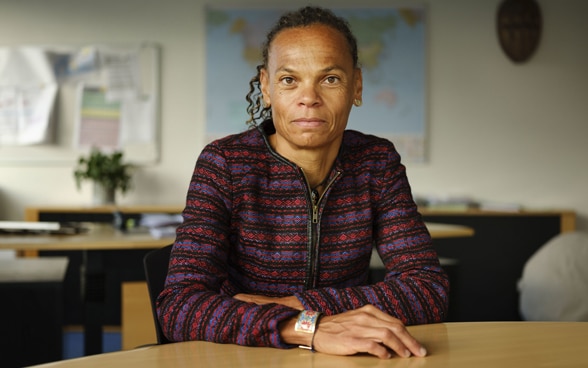

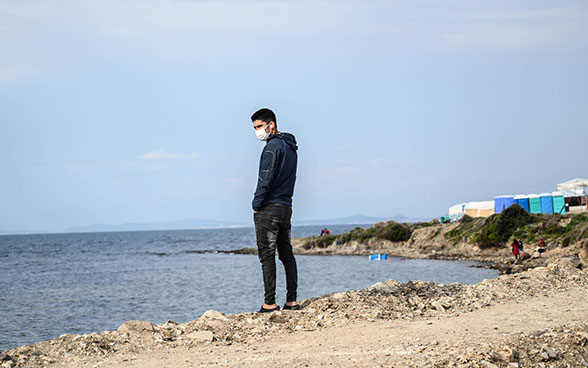
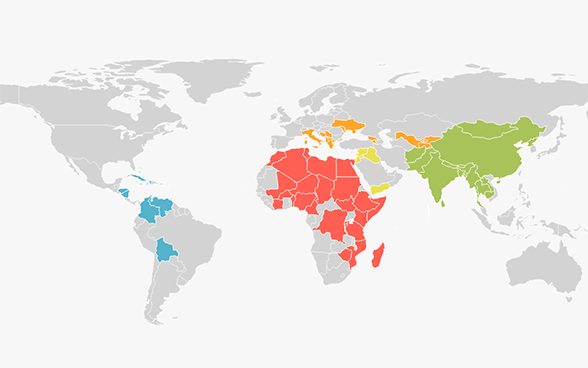
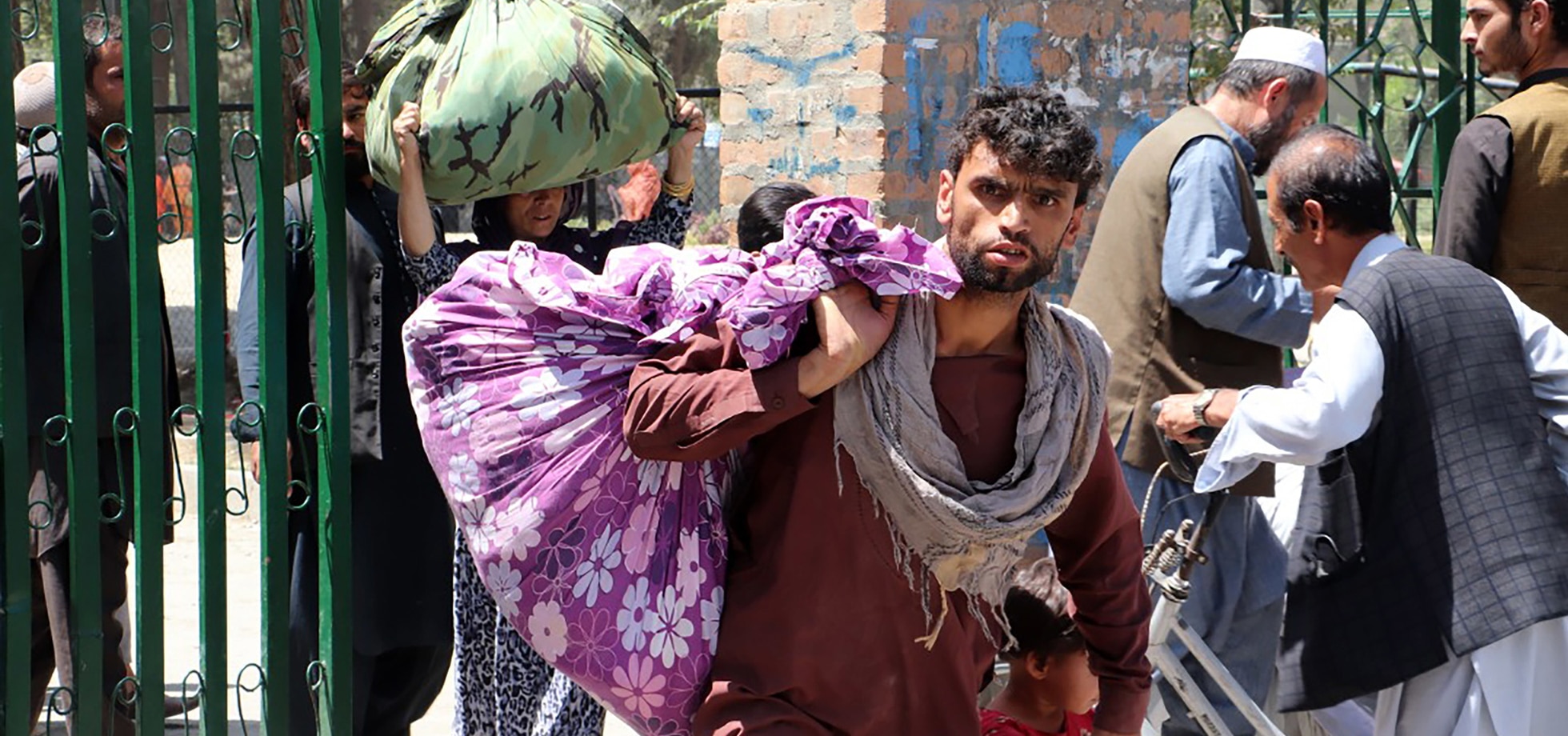
.jpg)